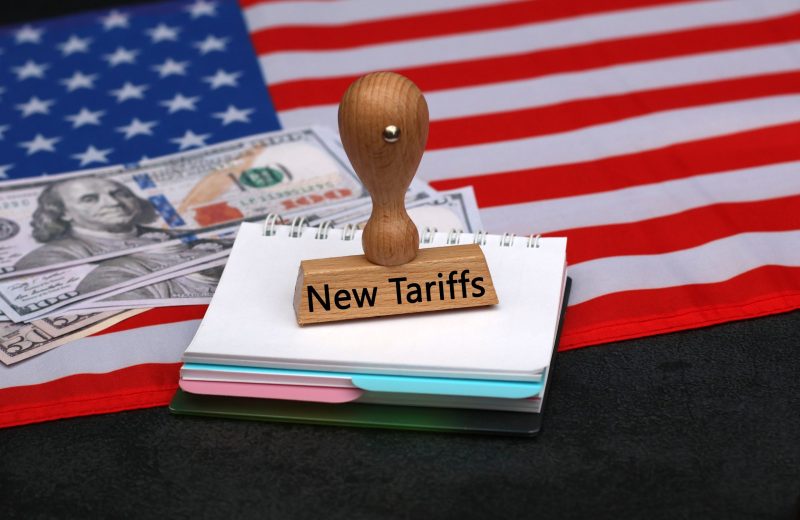Markets no longer tariff-ied

You can blame Baron Julius Reuter for today’s 24-hour news. He started it all in 1850 when he bought some racing pigeons. Every morning a couple of the birds would catch the 9:55 train from Aachen in Germany to Brussels. They would mill around the Brussels Stock Exchange chatting and drinking coffee. When the stock market closed, they would fly back carrying price information, much faster over 76 miles than the train.
Thanks to his obsession with speed, we now get news updated every microsecond on our phones. Keeping up with it is exhausting. Last week, President Donald Trump announced fresh tariffs on more than 90 countries. Tariffs on Canadian goods increased from 25% to 35% – although many exports are exempt.
It feels like years ago when the president announced tariffs on Canada and Mexico. It has only been four months. Stock markets have fell, but did not crashed as much as you would expect. This may be because many countries have shown it is possible to negotiate it down. The UK, EU and Brazil have also shown that the US is prepared to exempt aerospace exports which is great news for business aviation. Canadian aerospace exports are already largely exempt.
Back in April, many forecast that tariffs would be a disaster for deals. Customers would be worried about paying them on imports as well as the effect on their companies and investments. While it did affect some deals it did not freeze the market completely.
“Buyers didn’t step out of the market entirely. Brokers reported healthy interest in listings within specific market segments, as demand continues for newer aircraft with strong pedigree and turn-key status,” says Jim Donath, founder, Donath Aircraft Services in his quarterly report.
Gulfstream had a 1.3x book-to-bill in the second quarter. Bombardier’s was 2.3x thanks to its 50-aircraft fleet order. Without that the Canadian manufacturer had a decent book-to-bill of 0.9x for the first half of 2025.
IADA members closed 300 deals in the second quarter, this was down from 366 on the same quarter of 2024 but similar to 2023 and 2022.
It really is impossible to forecast now. Before 2020 you would have expected tariffs to hit the market hard. Now, brokers feel that buyers seem to be more focused on accelerated depreciation. This might not last, markets can change quickly.
Donath agrees: “As we look to the second half of the year, the picture turns brighter once more with passage of the economic bill that includes a restoration of bonus depreciation to 100%. This will draw buyers off the sideline who were waiting for confirmation that this bill would pass. Expectation is building for a rush of activity in the fourth quarter, though the total impact remains to be seen.”
Reuter’s pigeon advantage lasted less than a year before some idiot ran a telegraph line between the two cities. The telegram was then replaced by fax. Now we have phones updating the whole time. Please send us a pigeon if you would prefer to receive next week’s newsletter by air.
Subscribe to our free newsletter
For more opinions from Corporate Jet Investor, subscribe to our One Minute Week newsletter.







